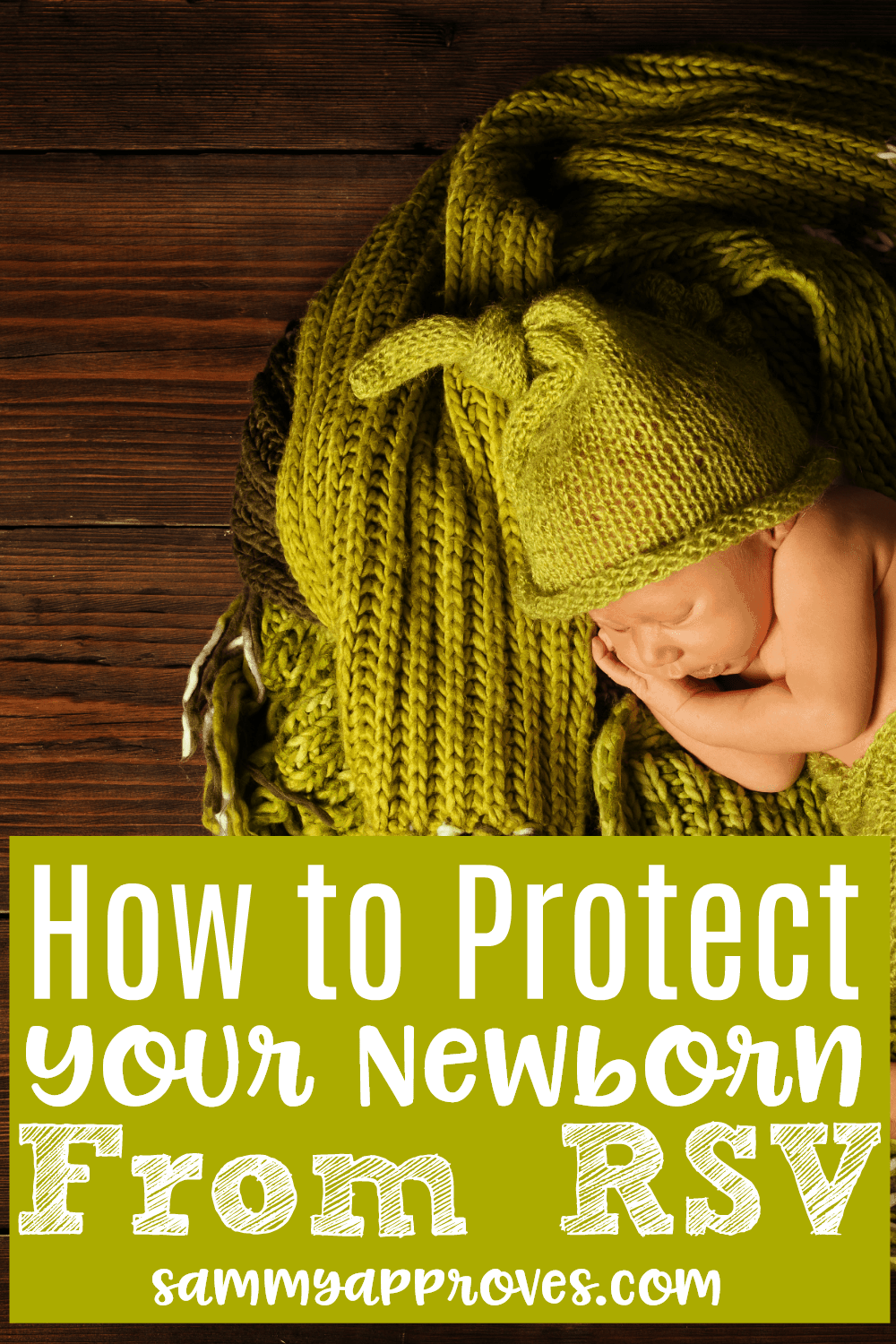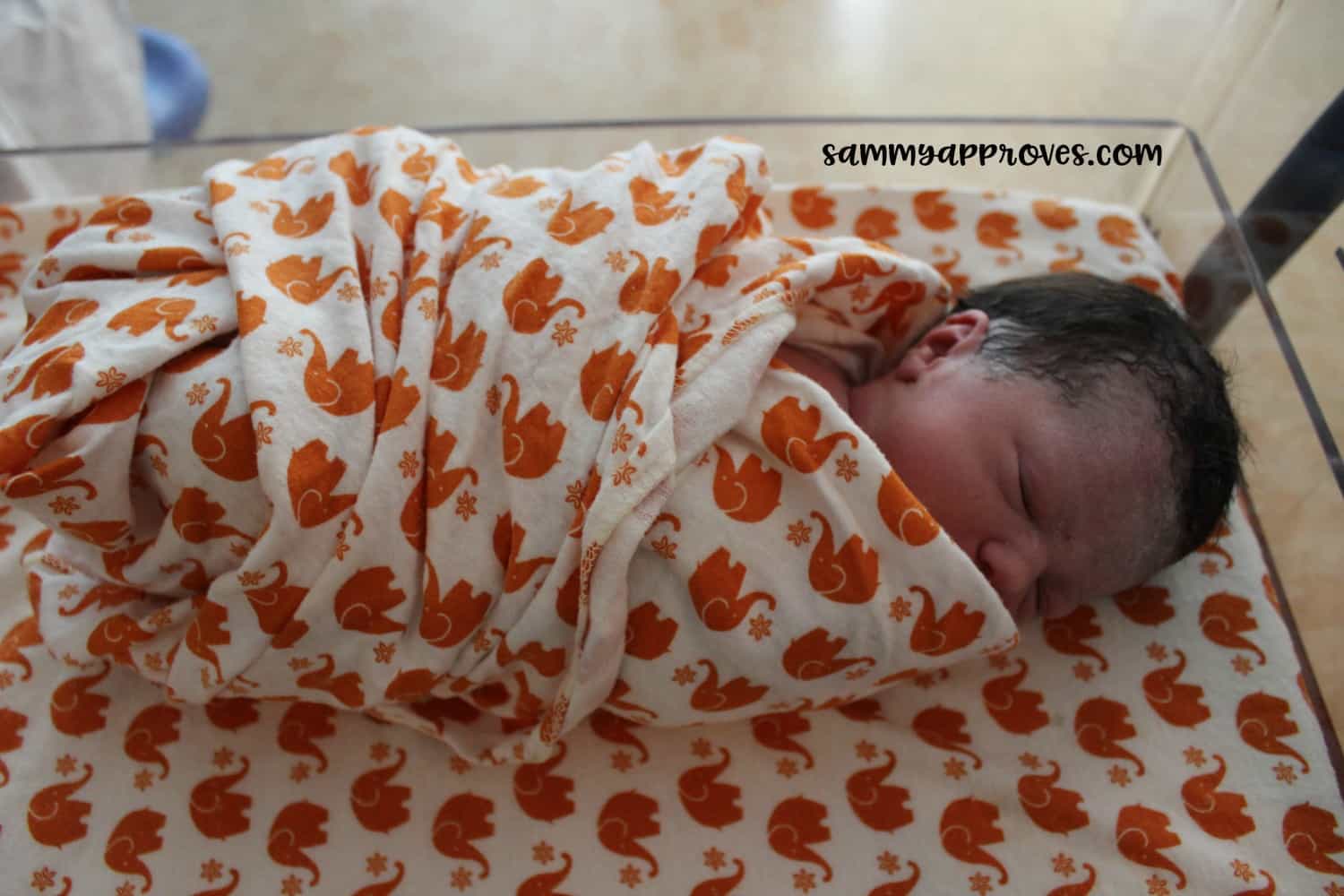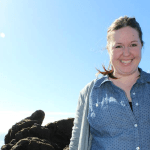This post was sponsored as part of an Influencer Activation for Influence Central and all opinions expressed in my post are my own.
One year ago today I knew nothing of RSV and the dangers it held for newborn babies.
Even as a mother of two, ages 1 and 8, I was unaware of this illness and the preventative measures parents can take.
It wasn’t until my sister had a baby that was affected by RSV that it came apparent to me how severe this illness can be for babies.
Now that I have a newborn baby on the way I want to share as much as I can about RSV and how it can be prevented with other parents and expecting parents.

My nephew was only a few weeks old when he was admitted to the hospital with an RSV diagnoses.
It was such a heartbreaking and scary time for my sister. This was her first baby and it was a serious illness.
Days went by before he was well enough to go home and even then he was left with a weaker immune system and horrible cough.
How to Protect Your Newborn From RSV
What is RSV?
So, what is RSV?
Simply put RSV is a respiratory virus that is very common and highly contagious!
I was most surprised to find out that RSV occurs in almost 100% of babies before age 2.
However, symptoms are usually more severe in premature babies and newborns.
RSV season is between November and March each year.
What are the symptoms of RSV?
There are several symptoms to look for with RSV. Your baby may have RSV if they are:
- Non-Stop coughing and wheezing
- breathing fast or having trouble breathing
- Taking gasps for breaths
- Have fingers and/or mouth turning blue
- Tired or lethargic
- Having a fever
How can I prevent RSV in my baby?
The great thing about RSV is that there are plenty of ways it can be prevented! Taking prevention measures is important because of how contagious it is and the little treatment options available.
Here are some simple ways to prevent RSV:
- Familiarize yourself with RSV and it’s signs and symptoms listed above.
- Ensure family and friends are washing their hands before holding your newborn or interacting with your older baby.
- Make sure the toys and objects your baby come into contact with are clean and washed.
- Isolate your baby from sick family members and friends.
- Keep your newborn away from large crowds of people.
- Find out from your pediatrician if your baby may be at high risk for getting RSV.
I am so happy to have all of this information now that we have a newborn baby on the way. We will definitely be taking more precautions to prevent him from getting RSV.
Remember that RSV can be a scary illness for your baby to have, but if you are taking the correct preventative measures you can rest a bit easier knowing they are more protected.
Have you experienced RSV with your baby? I would love to hear more about it in the comments below!




Leave a Reply